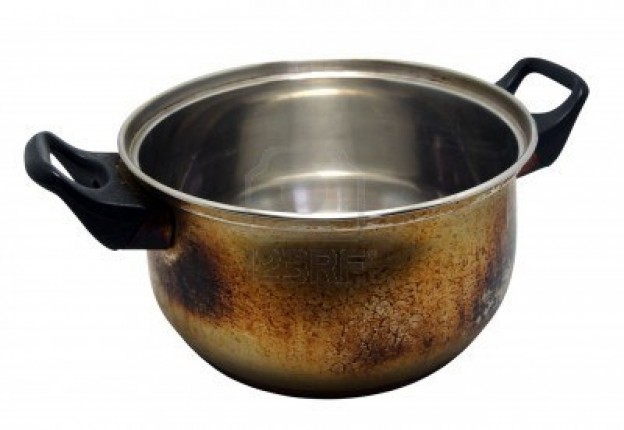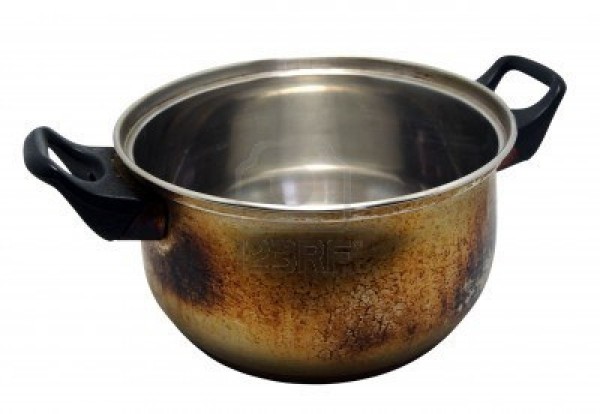In a village in the Island of Bernera, Lewis, there is a small hillock called Sithean, in connection with which the following story is told. A man in the village whose house was in the neighbour-hood of the hillock used to be much annoyed by the Fairies. The story says that they were in the habit of borrowing pots and cooking-pans from his wife-sometimes returning them, sometimes not. The man came home one day from fishing, and being hungry asked for some food. His wife told him she could not get any food prepared for him as the Fairies had taken away the pot from her in the morning. The goodman desired her to go to one of her mortal neighbours and borrow a pot until her own should be returned. On the way to her neighbour’s house, as she passed the hillock she saw the door of the Fairies’ habitation wide open, and directly opposite it her own pot. She entered and beheld a number of people inside, and prominent among them an old man wearing a green cap. There was also a large dog with a yellow collar leashed in a corner of the dwelling. No sooner did she remove the pot than the old man ordered the dog to be set after her in the following words:
Bhean bhalbh ud ‘s a bhean bhalbh
Thainig a tir na marbh
Thug i ‘n coire leatha na crubh
Fuasgail an Guth ‘s leig an Garg.
The translation is literally:
That dumb woman and the dumb woman
Who came from the land of the dead
Took the kettle with her in her talons
Unloose the Voice and let free the Fierce. (Voice and Fierce apply to the dog.)
The woman took to her heels, and did not part with the pot although the dog was in full cry after her. As she was entering the door of her own house, the dog overtook her and caught her by the heel. The woman pulled hard and the dog held fast. At last the woman got free and entered the house, but–minus a heel. The return of the article borrowed depended on the following lines being recited by the lender on handing over the article to the borrower:- ‘ Dleasaidh gobha gual Gu iarunn fuar a bhleith, Dleasaidh coire enaimh ‘S a cur slan gu teach’; signifying :- ‘A blacksmith is entitled to coal To grind the cold iron; A kettle is entitled to a bone And to be sent home safely.’ The wife had neglected to recite these lines when she lent the pot-which was the reason it was not returned. If the lines were recited, not only was the pot returned, but with it a bone of beef, mutton, or venison, with a good deal of meat on it. Anon ‘Fairy Tales’, The Celtic Review 5 (1908), 155-171 at 155-156


